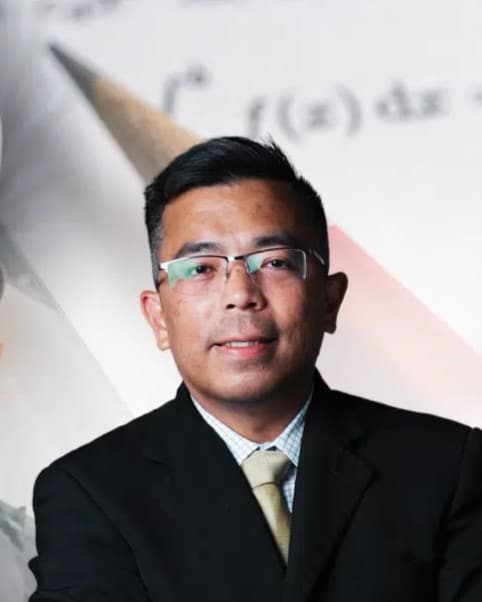It is undeniable that writing and publishing journal articles, particularly in reputable journals, is a crucial aspect of academic life. This process not only serves as a professional requirement but also represents a significant contribution by scholars, academics, and researchers to the body of knowledge in their respective fields. As the world evolves and becomes increasingly dynamic, we are consistently called to explore, investigate, and share new insights. Academic publications are the primary means of documenting and disseminating these findings.
One prominent publisher once stated that there is no value in conducting meaningful research if the findings are not shared. In academia, our journal articles are read and cited by other researchers in similar fields, further contributing to scholarly progress. Citations are not only a measure of research impact but also a key criterion used in global university rankings. Therefore, publishing in academic journals not only enhances an individual’s academic profile but also elevates the institution’s standing internationally.
However, we must ask ourselves: are our publications meant solely for academics, researchers, or those with higher education? What about primary school students in rural areas? Or Orang Asli children who are eager to learn? What about communities in Federal Land Development Authority (FELDA) settlements who also deserve access to knowledge? Who will create reading materials tailored to them, written in ways they can understand and relate to? The answer is us. As members of academia, we bear the responsibility of translating our scholarly work into content that is accessible to the broader public. This means using language that is free of technical jargon, simple enough for laypeople to understand, and relatable to their everyday experiences. These writings can be produced in our national language or any other language appropriate for the target audience.
Several platforms are available to support this effort. Dewan Bahasa dan Pustaka (DBP) Malaysia, for instance, offers both print and digital publishing avenues. Its online platform, JendelaDBP, regularly features informative articles, while its printed magazines cater to diverse fields and audiences.
For example, Dewan Kosmik focuses on topics in science and technology, presenting them in a semi-scientific manner, making it particularly relevant for institutions like Universiti Teknologi Malaysia (UTM). Dewan Ekonomi addresses domestic and international economic and financial issues, making it suitable for academics and students from the Faculty of Management and the Azman Hashim International Business School (AHIBS). Dewan Siswa serves as a creative outlet for students, allowing them to express themselves while developing their writing skills. Dewan Tamadun Islam applies Islamic knowledge to everyday life and discusses social and cultural issues from a religious perspective, making it ideal for scholars and students at the Akademi Tamadun Islam.
Other notable DBP magazines include Dewan Masyarakat, Dewan Pelajar, Tunas Cipta, Dewan Budaya, and Dewan Bahasa. As DBP is committed to promoting the Malay language, articles submitted to its platforms must be written in the Malay language. In addition to DBP, there are other excellent channels for academics to share their work with the public. For instance, e-estidotmy encourages writers to contribute articles related to the latest developments and innovations in STEM, using an engaging and enjoyable approach. Another platform, MajalahSains.com, publishes science and technology news and discoveries tailored for the Malaysian community.
I firmly believe that the public has the right to understand the research we conduct, and it is our responsibility to present this research in a manner that is both relevant and easy to comprehend. For example, a civil engineering study on potholes could explain why roads are frequently damaged and outline effective solutions for repairing them. In mechanical engineering, findings on how to reduce vehicle fuel consumption can be shared in a manner that directly benefits motorists.
In addition to contributing to indexed and non-indexed journals, conference proceedings, and academic books, I actively write for magazines and newspapers. My field of expertise is mathematics education, and I have authored numerous articles on this topic for various publications, sharing research findings and expert opinions with the public. Malaysian schools are increasingly encouraged to subscribe to academic magazines as reading materials for students, providing us with an excellent opportunity to make our knowledge accessible and engaging.
I am grateful that some of my work has received national recognition. My article titled “Merangsang Kemahiran Matematik Bayi,” published in Majalah Sains, received the Anugerah Sanjungan from the Persatuan Sains Matematik Malaysia (PERSAMA) in 2023. In 2024, my article “Teknologi Pendidikan Matematik: Memugar Minat atau Merencat Bakat?” published in Dewan Kosmik was awarded the Anugerah Utama. Most recently, in 2025, my article titled “Matematik di Sebalik Tarian Zapin,” published in Dewan Budaya, earned another Anugerah Sanjungan.
In conclusion, society looks to university academics as individuals who can share valuable knowledge beyond the campus walls. While journal publications significantly influence academic careers and institutional rankings, we must also recognise the public’s thirst for knowledge. It is our collective duty to respond to this need, not only with rigor and scholarship but also with clarity, accessibility, and a genuine desire to connect with our communities.

Prof. Madya Dr. Abdul Halim Abdullah
Faculty of Educational Sciences and Technology (FEST)
Universiti Teknologi Malaysia (UTM)



